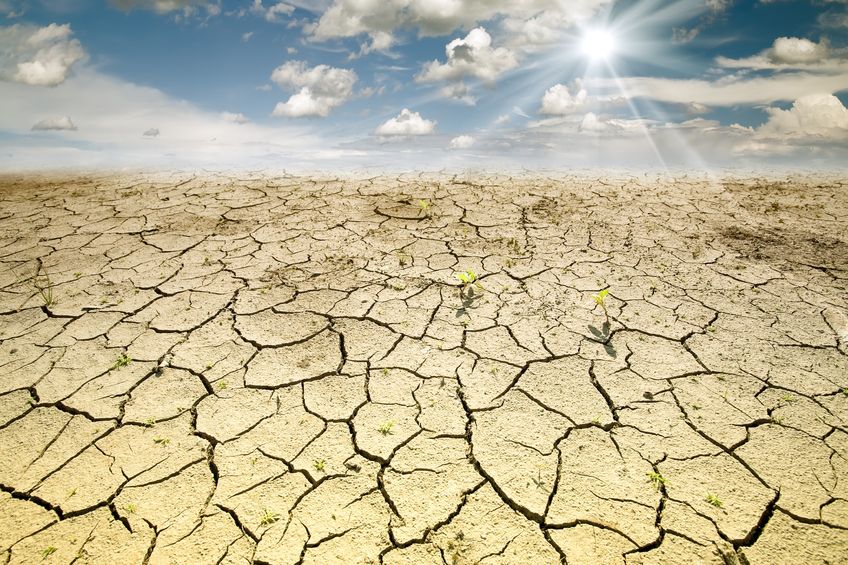Regular heatwaves to be 'summer norm by 2040s'

Regular and sustained heatwaves will become the "summer norm by 2040s" making adaptation to heatwaves "a matter of life and death", MPs have said.
The Environmental Audit Committee has published its report into ‘Heatwaves: adapting to climate change’.
The Committee has found that failing to address the danger of heatwaves will threaten the well-being of an increasing number of vulnerable people.
The farming industry has also been severely affected by the dry, hot weather. The NFU has explained how crops are "being parched to the bone" as the heatwave cranks up a notch for most of this week.
The lack of rain and sustained heat has led to slow grass growth, affecting hay and silage yields.
The NFU has even relaunched its its Fodder Bank to help its members find feed for their animals - or sell any surplus - in response to the weather.
Mary Creagh MP, Chair of the Environmental Audit Committee said heatwaves threaten UK productivity.
“The Met Office has projected that UK summer temperatures could regularly reach 38.5°C by the 2040s,” Ms Creagh said.
“Heatwaves cause premature deaths from cardiac, kidney and respiratory disease. There will be 7,000 heat-related deaths every year in the UK by 2050 if the Government does not take action.
“The Government needs to do more to warn the public of the health risks of heatwaves, particularly when they fall outside of the summer period, and should appoint a minister to lead work across Government.
She added: “It must change building regulations and planning policies to ensure homes and transport networks are able to deal with extreme heat, and that local authorities and cities have green spaces and heat-resilient infrastructure.”
In August 2003, temperatures reached 38.5°C in England and there were 2,193 heat-related deaths across the UK in 10 days.








